This post will be free for all to read, as I think the content and potential discussion warrant this.
Including this piece, there are just two episodes—chapters, call them what you will—left of this first season of Ancestral, Wild Empowerment. Season two will begin after a short break, during which I have plans to share weekly posts in the same time slot, posts which will feature reworked and reconsidered vignettes I have shared in the past, in some cases years and years ago. Each will revolve around the central theme of AWE: being in nature and, crucially, learning from all those magical, natural, data points those senses of yours observe.
Respect, the loose theme of this primary season, is a thread which will run on and throughout all that is still to come. Without respect, these words will drift; without respect, we ourselves become untethered in the wider world. This is already happening, on a vast and, frankly, terrifying scale. When we are removed from the natural, from the nature, we are removed from who we truly are.
In this chapter, I would like to talk of the lifeblood of this world, that around which all nature revolves—water. This is, whether we like to think of it or not, a highly charged and political subject. There is no escaping that.
There was a time in my life when I had to source, carry, filter and purify all the water I drank and used for cooking and cleaning, for weeks and weeks and weeks. Scotland is not short of water—which makes the nation sit in a powerful position for what is likely to come in the following decades—but there are few parts of the world I have visited where I would not have known how to find water. The principals are the same, in most parts of the world, the methods of sourcing and collecting often very similar, even if the volume of water easily produced is not.
Even with this direct and often exhausting experience, I sometimes still lapse into the bad habits of someone raised in an environment where water shortages were just not a thing. Not in a terrible way, but I will perhaps leave the shower running over me for longer than my wife, Aurélie, does, for example, or a tap flowing a bit more forcefully than her. And that is with teaching myself to be more careful.
For this reason, I know just how hard it is for the world—especially the westernised world—to value water as it should be valued.
Water, for our ancestors, would never have been taken for granted, as I did not, when I spent all that time out in the woods.
Water is not just for drinking and cooking, not just for cleaning and bathing—it is also a valuable environment for so much more. We can gather foodstuffs from water, whether fish, shellfish, crustaceans, or plants directly in and along the water, both salted and not. Our ancestors would also have known where other game went to cross a stream, or the spots where the animals would have liked to have taken a drink. They would have known which members of the Standing People liked to have their feet wet, which could tolerate seasonal flooding, and which would not enjoy this.
They would have used the rivers and coasts as arterial routes, taking their canoes and kayaks and boats from place to place, hunting, gathering, trading, visiting, celebrating. Watercourses were the highways for thousands of years. Even today, we use them in this manner, far more than perhaps many realise. To displace weight and float it just makes sense.
Water was not, and should not, be taken for granted. This bears repeating.
Yet water is being taken for granted or, perhaps, deliberately misused and mistreated in exchange for increased profits. The water companies, those who hold the keys to this precious resource, are often more concerned with their profit margin than they are replacing vastly wasteful, archaic piping, for example. Certainly in the UK, they are also rather lax with the amount of care they give to the rivers and waterways nominally in their charge. In recent years, the quality of the water in these and along the coasts has dropped alarmingly, raw sewage often dumped deliberately, simply because the correct infrastructure has not been built.
When we take a step back and imagine a world seen through the eyes of those fisher-gatherer-hunter ancestors of ours, just consider the waterways you have seen. If you have noticed the plastic bottles, or dead fish, or thick algae, scum, and all manner of other unpleasant things—imagine how it would have appeared to them.
They would have been appalled.
Those ancestors would have been utterly shocked, to their core, with how we treat water. This is, quite frankly, how we ourselves should also feel, had we not had decades of conditioning, allowing acts which should be criminal to dance away with nothing more than a slap on the wrist and a minor fine at best—or simply ignored.
Water is life.
Let us return to our local walk or locale. Even if you cannot get out of your home and are limited to a view from a window, as we have spoken of before—you can still pay witness to the natural world. Think of how water works wherever you live. Do you have a lot of rain? Or is it an arid zone? Are there plenty of rivers, streams, ponds, swamps, or lakes, or do you have a sole and oft-dry watering hole? When it rains, what happens? Does the water pool on the ground, forming tiny rivulets and flowing as gravity dictates, or does it seep away instantly, the land constantly thirsting? What about the seasons? Are you in a temperate zone, with many different, noticeable changes, or are you somewhere where there is a definite wet and dry season? What happens when the rains don’t come?
This last question is one we should all be concerned with. The rain patterns with which we have grown up are changing. Things are altering rapidly: storms getting stronger, air currents moving, weeks going by without a drop of water from the sky then, suddenly, a month’s worth in an afternoon. We need to be prepared for this and one of the best ways we can be is by looking at what you already know.
Take your nature journal, or notebook, or however you record those little details of your own corner of the world—the corner which owns you—and begin to keep a note of the weather. Write down the rainfall, was it heavy, was it stormy, unexpected, or perhaps a drizzle which lasts for days? Maybe you already do this. Many of our records of weather, all around the world, have been kept by amateurs, rather than professional meteorologists, those who take an interest in their surroundings and know that the data they witness can be invaluable. You can do this too. It is a long and noble tradition.
Now, with your weather data, consider how it affects your local nature. This is the key part—to use that knowledge and to ask questions.
How do the birds respond to the weather, to a lack—or surfeit—of water? What about the other way around? Changes to the local flora and fauna can have a huge impact on the water, whether in how a stream flows, or a bog stays wet. A tree is felled and the water dries up. Another is cut, and the stream floods. When we begin to study this web of connections it is humbling and it is exciting both, yet it requires thought and deliberate observation to understand even a fraction of the whole. Often, people do not have the time to do so or, more pertinently, they do not take the time to do so.
This is what Ancestral, Wild Empowerment is all about. I want us to look at this big web and try to once more fit within it, not stand outside, ignorant. I want us to see where there is a man-made issue with our local nature, and take steps to remedy this, even if they are steps which at this moment in time you do not think you would ever take. To begin with our water and to consider it such a—dare I say it—sacred thing, is a good place to start. Water is our life, our bodies are water, and it is what keeps our brains working. How long can you get by without drinking it?
One thing water does, when we are out in the woods, or the hills, or in nature in general, is force us to slow to a pace more in keeping with our environment, more akin to that followed by our ancestors: we cannot always simply leap over or step across a stream, to gather water and ready it for drinking takes time, a storm may force us to take shelter, snow hinders our path.
Water is, in many ways, in charge of us and it will become increasingly so in the coming decades. Water scarcity is already driving migration, sparking wars, and destroying the economics of entire regions. Islands are disappearing, the coast is being eaten away, and the very oceans are subject to a logarithmic increase in their acidity—the data demonstrates a fall of 0.1pH in the last 200 years, which translates as a 30% increase in acidity. This is not sustainable.
Our species is at a point in time where we are caught in a fast flowing river, hurtling towards something ominous and rumbling just up ahead. Yet those who have the power—whether we gift it to them, or they take it—are all too ready to toss the weak, the poor, the sick and disenfranchised out of the boat, hoping that this will somehow slow the race to a change they are blithely attempting to ignore. At least on the surface of things—there is a reason so many billionaires (how I hate this concept) are buying up secluded land and building their fortified retreats. The irony, of course, is that all their money is likely to mean nothing, once the boat reaches that metaphorical waterfall.
We need to be considering what we would do if the water in our pipes became infrequent, or stopped entirely. This is not a hypothetical, end-of-the-world-as-we-know-it situation, it happens globally, with increasing regularity. To be able to find and process water is a powerful tool, one which provides a measure of calm and safety, even if the thought is difficult to deal with. I would, personally, much rather have the knowledge and skills, and never use them in such a scenario, than not know what to do if it does happen (and the reasons it can happen are many—hurricane, earthquake, civil unrest, extended drought, damage to the water table, etcetera). As such, in a future chapter of AWE, I will share various ways to source, gather, filter, and purify water, whether on an extended wild adventure, or in your own locale.
Finally, when next you run your tap—whether to wash the dishes or yourself, fill a kettle, or simply to drink a glass of clean, purified water—take a moment to consider this wonder. Think of how we take it for granted, when perhaps we should not.
Water is life. We need to be shouting this.
Next time, in the last episode of this introductory season, I shall conclude our discussion on respect, and look at what is still to come. I might even set you some (entirely optional!) homework—and set some for myself too.




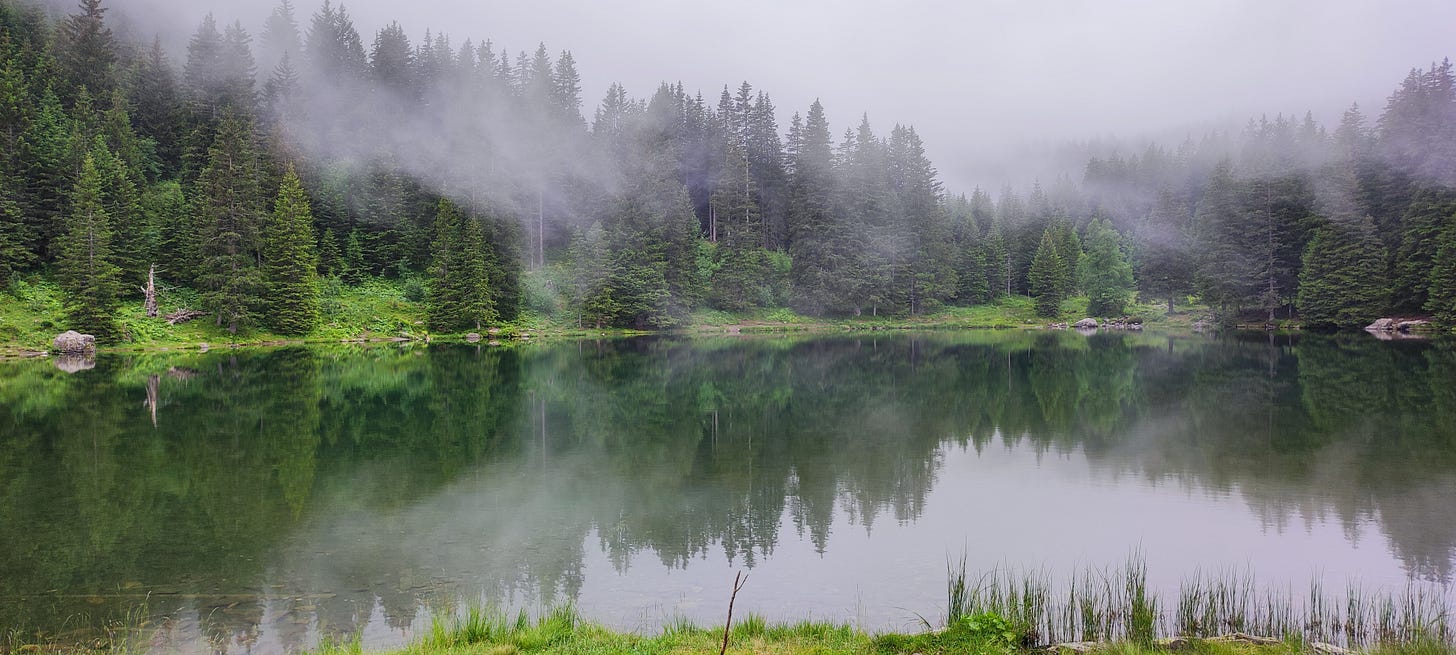

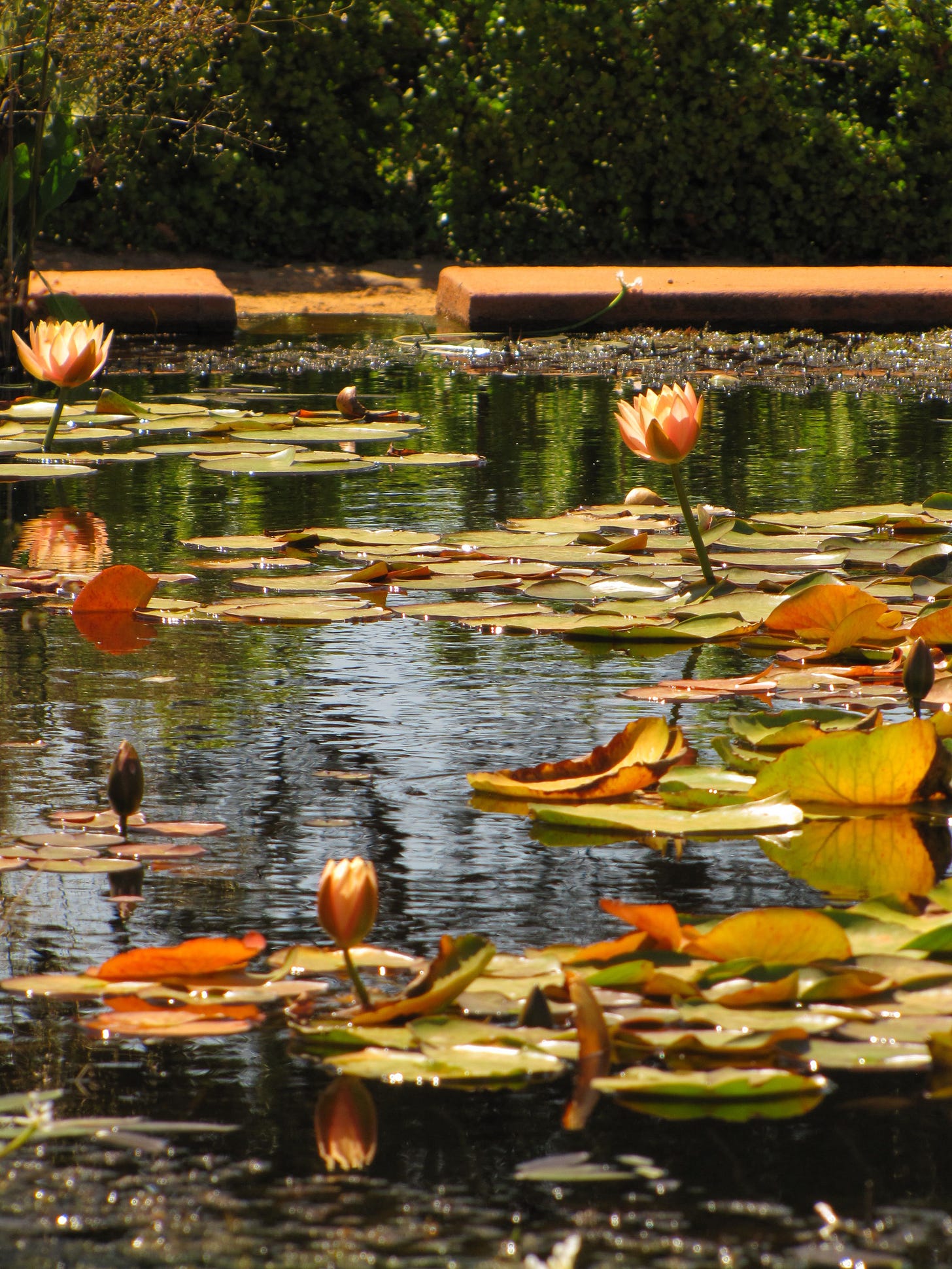
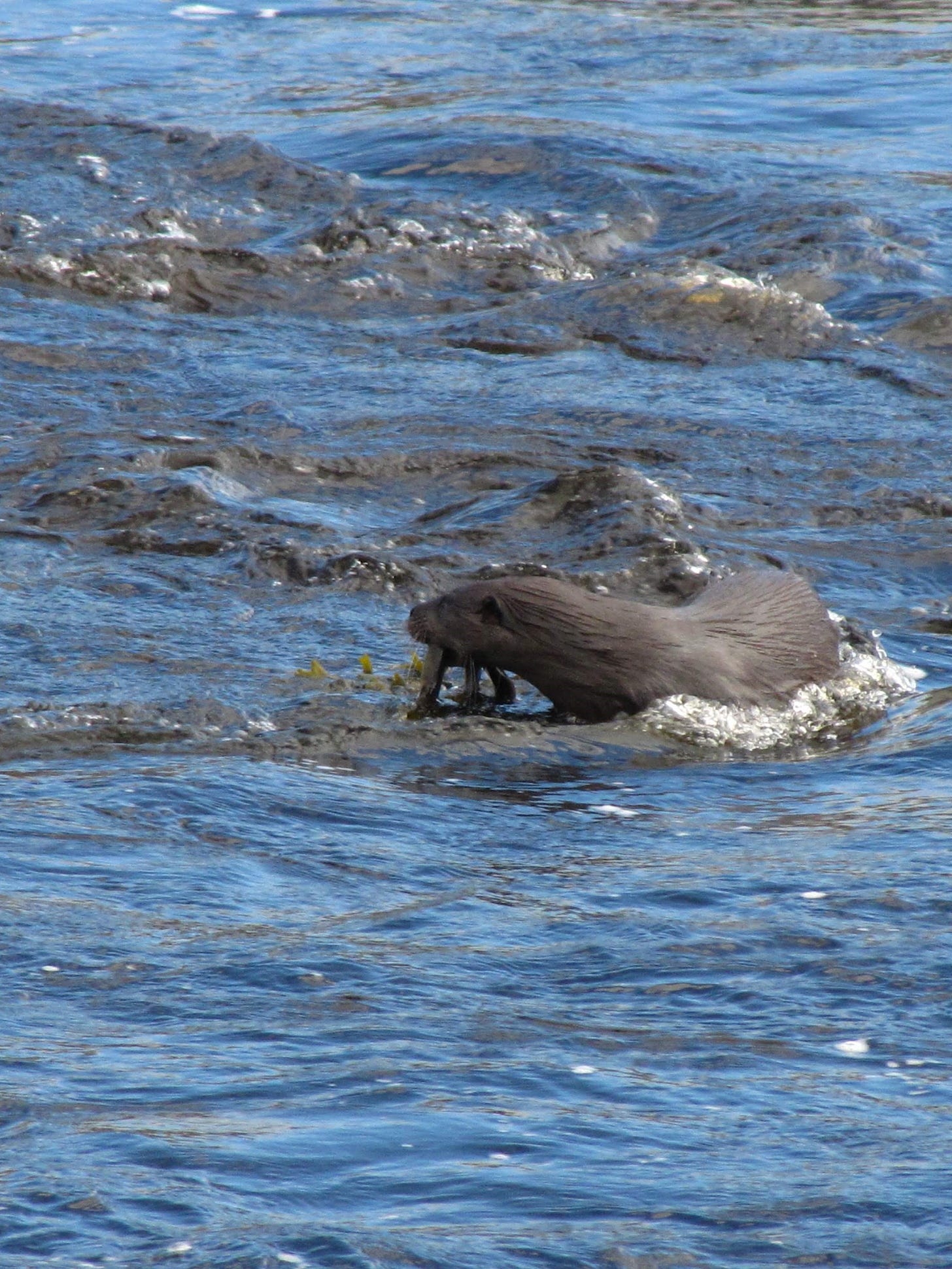
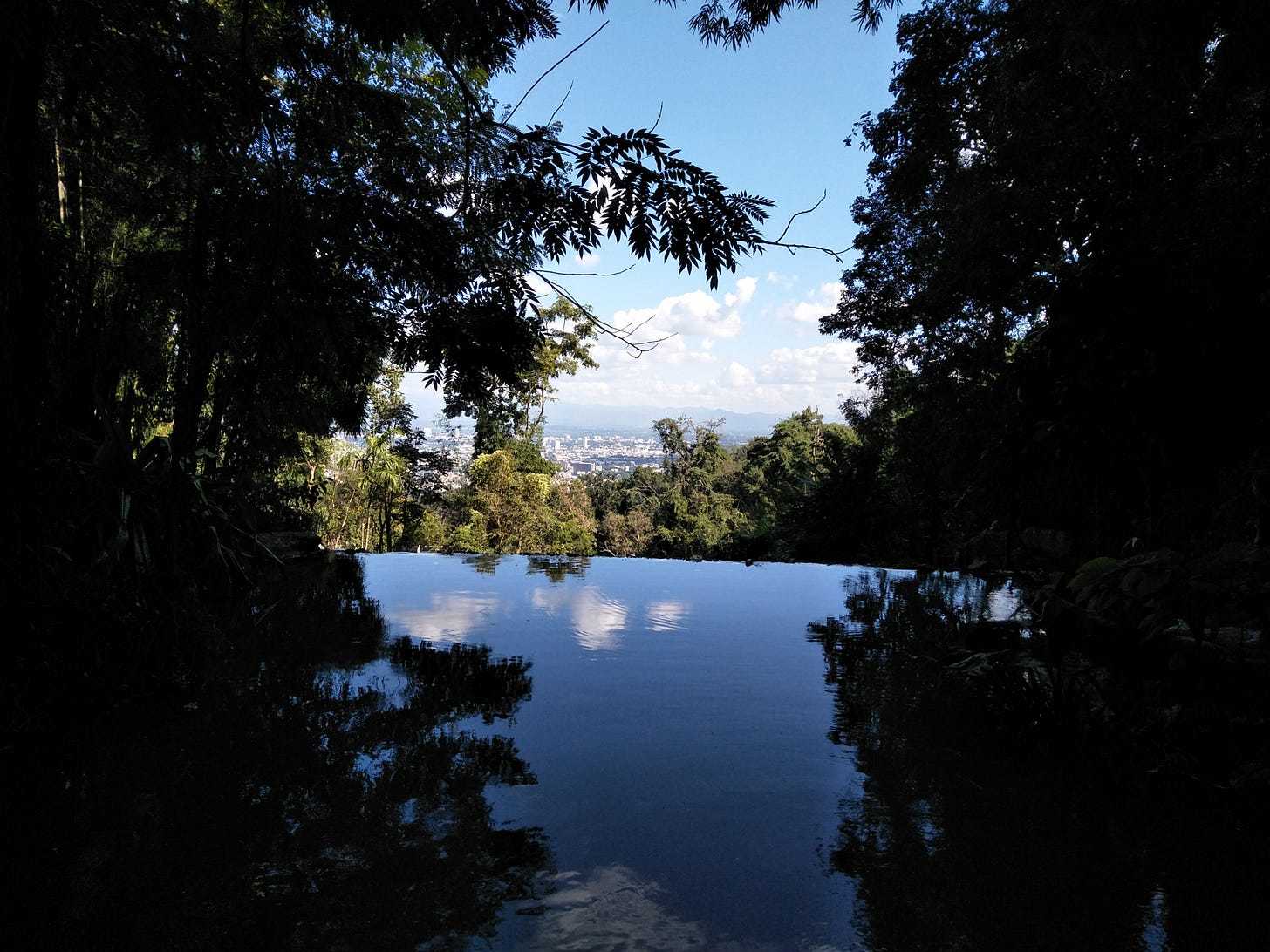
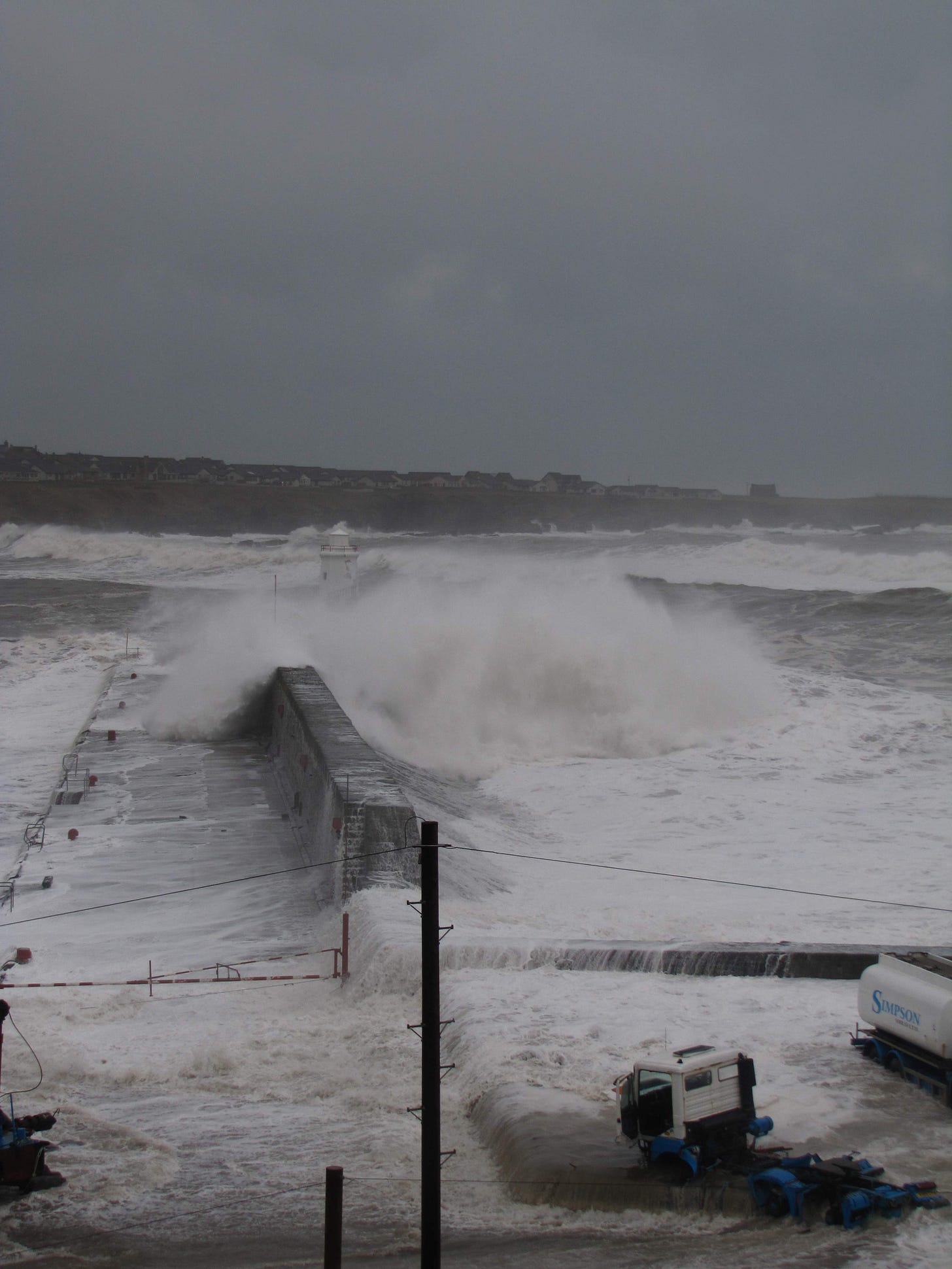
What always makes me upset - even rageful - every time I think on it, is how in our western world we use clear, pure, drinkable water to flush the toilet. Such a waste! If the politics decided on it, it would be quite easy to change that, have an alternative system where the flush water comes from rain water, or our own used grey water. I just can't get my head around the waste of using drinkable water for flushing. Sigh.